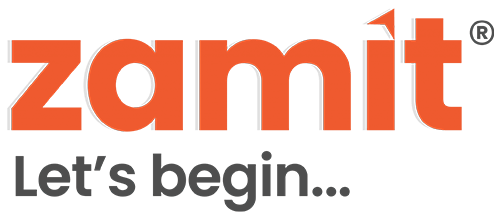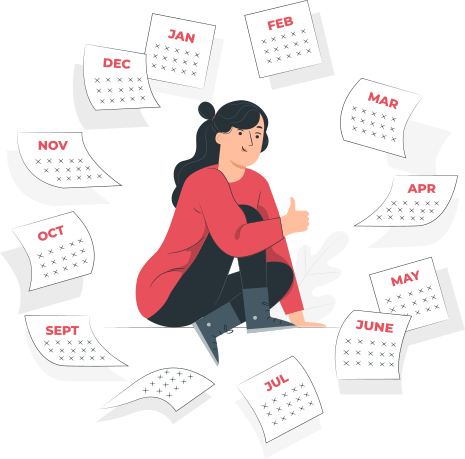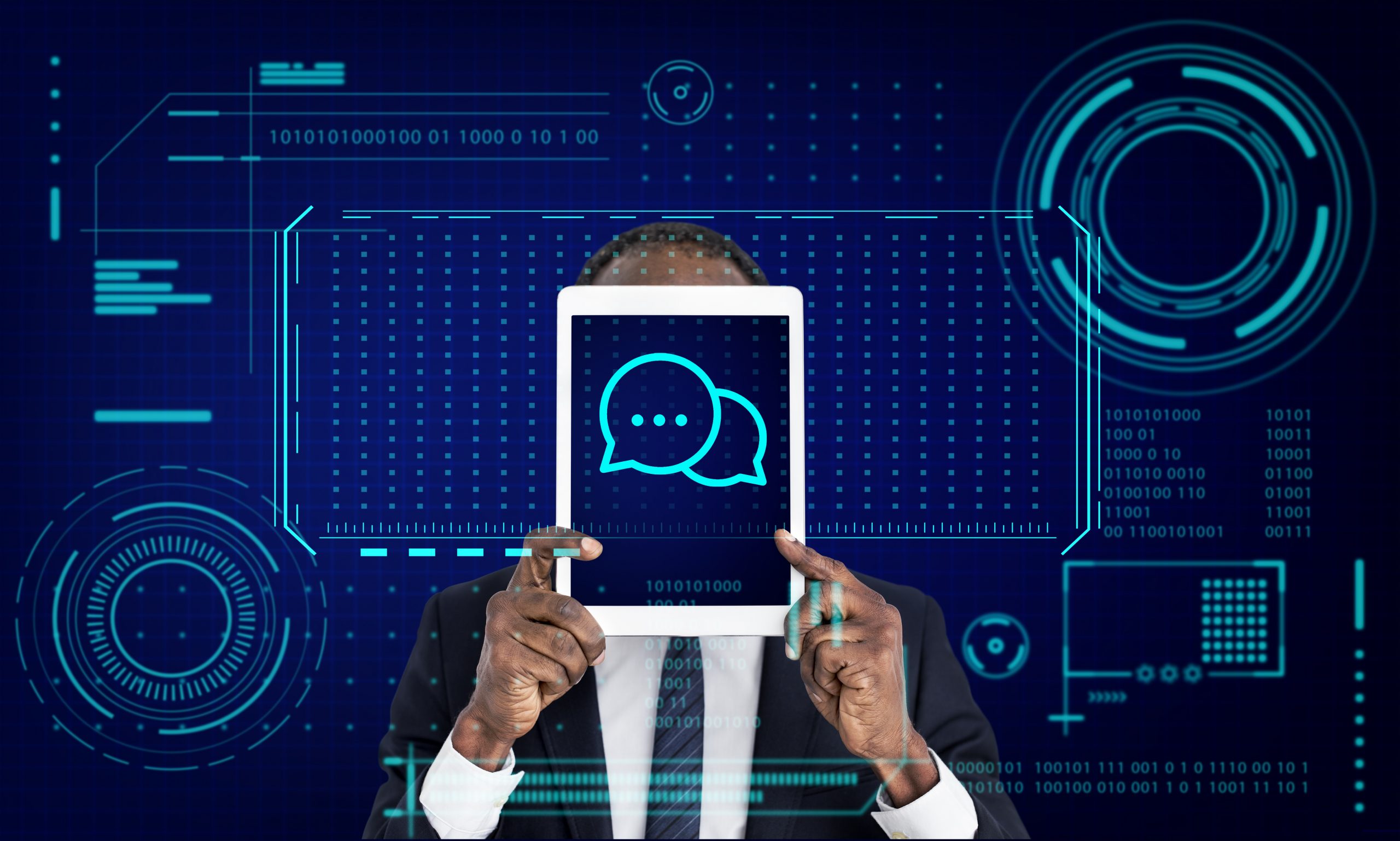AI chatbot technology has witnessed a remarkable surge in recent years, revolutionizing various industries with its ability to provide automated assistance. From customer support to virtual assistants, AI chatbots have become one of our favourite tools in the journey towards future readiness. However, this growing reliance on AI chatbots has also raised concerns regarding the potential for plagiarism.
Understanding Plagiarism in AI Chatbot Technology
Before delving into the specific concerns surrounding plagiarism in AI chatbot technology, it is essential to have a clear understanding of what plagiarism entails. Plagiarism can be defined as the act of using someone else’s ideas, words, or work without proper attribution.
In the context of AI chatbots, plagiarism can occur when these automated systems generate responses by borrowing information or content without providing adequate credit or acknowledging the original sources. This undesirable outcome often arises due to how AI chatbots are programmed to generate responses based on pre-existing data.
AI Chatbots and Plagiarism: Unearthing the Concerns
AI chatbots function by analyzing vast amounts of data to generate appropriate responses. While these responses aim to provide accurate and helpful information, there is a possibility of unintentional replication, which can lead to plagiarism allegations.
This unintentional replication occurs when AI chatbots, in an attempt to offer relevant information, draw upon pre-existing data without explicitly verifying the originality of the content. Consequently, instances of inadvertent plagiarism may occur, causing potential ethical dilemmas for AI chatbot technology.
The Ethical Dilemma: Balancing Efficiency and Originality
When it comes to AI chatbots, ensuring both efficiency and originality in responses can be a challenging task for developers. While efficiency is crucial for delivering prompt and accurate information to users, maintaining originality is equally important to avoid plagiarism concerns.
Developers face the responsibility of finding the delicate balance between providing prompt assistance and contributing to the ongoing battle against plagiarism. It is essential to provide users with accurate and unique responses while still leveraging the efficiency AI chatbots offer. When it comes to the field of education, however, AI chatbots are directly hampering the learning power of students, as they increasingly turn to apps like ChatGPT to complete their homework, assignments, and academic material, that are otherwise meant to develop their skills.
Addressing Plagiarism in AI Chatbot Technology
Tackling plagiarism in AI chatbot technology requires the implementation of robust plagiarism detection algorithms. By incorporating such algorithms, we can ensure that responses generated by AI chatbots return content that is original and properly referenced.
Additionally, machine learning techniques can be employed to enhance chatbot originality. These techniques enable AI chatbots to learn from past interactions and adapt their responses to be more unique. Such advancements play a crucial role in preventing inadvertent plagiarism and maintaining ethical standards.
Ensuring Ethical Standards
We have an important role to play in preventing plagiarism in AI chatbot technology. Acknowledging the sources properly is a critical step in fostering ethical practices within AI chatbot development.
Additionally, AI-based techniques can be utilized for paraphrasing and rephrasing responses. By incorporating these techniques into the programming of AI chatbot systems, we can further reduce the likelihood of unintentional replication and plagiarism.
Handling Plagiarism Allegations in AI Chatbot Technology
Despite best efforts, allegations of plagiarism may still arise within the AI chatbot technology sphere. In such cases, it is important for users and organizations to respond to these allegations in a timely and effective manner.
Crosschecking or even communicating with experts in the field can facilitate the investigation of plagiarism claims and help rectify any issues. By approaching plagiarism allegations with transparency and a commitment to resolving them, we can maintain the trust and confidence of the concerned authority figures.
The Future of AI Chatbot Technology: Striving for Authenticity
Looking ahead, advancements in AI chatbot technology are expected to further address plagiarism concerns. Chatbot Developers are continuously working on improving AI algorithms to ensure that generated responses remain authentic and original.
Raising awareness about the importance of originality in AI chatbots can also contribute to minimizing unintentional plagiarism. By emphasizing the significance of unique and properly attributed responses, users and developers can collectively strive for higher ethical standards in AI chatbot technology.
Conclusion
The rise of AI chatbot technology has undoubtedly brought immense benefits to various industries. However, the potential for plagiarism within this technology has raised ethical concerns that must be addressed. Through robust plagiarism detection algorithms, the integration of machine learning techniques, and the adherence to best practices, developers can reduce the risk of unintentional plagiarism in AI chatbot responses.
For more like this, go to Zamit.


